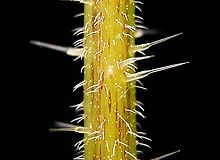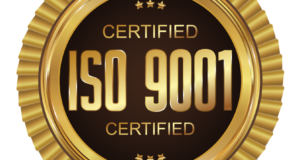
There is no shortage of terms when describing natural or alternative medicine. Of course you have natural and alternative but then there are herbal, homeopathic, and holistic. The confusion is sometimes so great it just might make a normally conservative natural health advocate scramble to catch that pesky beetle and send it down the hatch; all in the name of natural.
If this has happened to you the good news is that unless your pest control man just sprayed insecticide chances are you will be none the worse for wear and might even get a little extra protein out of your insect snack.
But while our somewhat off the wall example is a little farfetched it does prove a point and that is just because it is natural doesn’t necessarily mean it will be helpful, and in fact sometimes natural things can be downright dangerous (azaleas, certain mushrooms, mistletoe, etc..).
As we move past the these types of generalizations our focus start to turn more to specific terms such as herbal, homeopathic, and holistic. Defining them becomes much easier and the separation becomes much greater.
What in a term? Herbal, Homeopathic, and Holistic
Herbal remedies are those which, you guess it, are made from herbs. For example many of the herbal remedies for depression and anxiety contain St. John’s wort whereas, many of those fatigue contain ginseng. Most contain 5 or less ingredients and have multiple advantages depending on what herbs are included, the preparation method, and the form of delivery.
The term homeopathy is often confused with herbal, and oftentimes you will see an alternative remedy described as herbal and homeopathic. That said, these two forms of natural medicine couldn’t be more different.
Homeopathy is a system of medicine that uses many different types of ingredients found in nature in diluted form. The three principles that govern homeopathic medicine are the law of similars, the single medicine, and the minimum dose. According to the law of similars, “like cures like” which means that an illness can be treated by administering small doses of substances that produce effects similar to the disease or condition itself.
Homeopathic remedies can contain just a few ingredients or in some cases 20 or more. Oddly enough homeopathic remedies are considered to be safer than most herbal remedies and have been shown to be very effective in treating certain mental health disorders such as ADHD.
And finally that leaves us only with holistic medicine. Holistic medicine could be accurately described as a form of therapy whose goal is to treat the whole person, not just the part, or parts, in which the symptoms, or symptoms, occur. This type of medicine is the preferred choice for most naturopathic doctors and often includes a combination of diet, exercise, relaxation techniques, as well as other forms of complementary medicine, combined with herbal and/or homeopathic remedies.

Source by Robert D Hawkins
All steps to avoid buying fraudulent medicaments and generics online
 Vitamin Agent The Health & Naturalistic Source
Vitamin Agent The Health & Naturalistic Source




